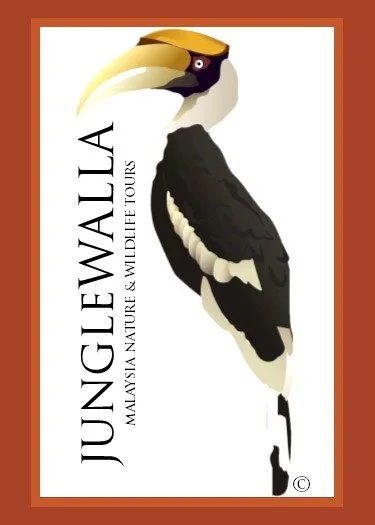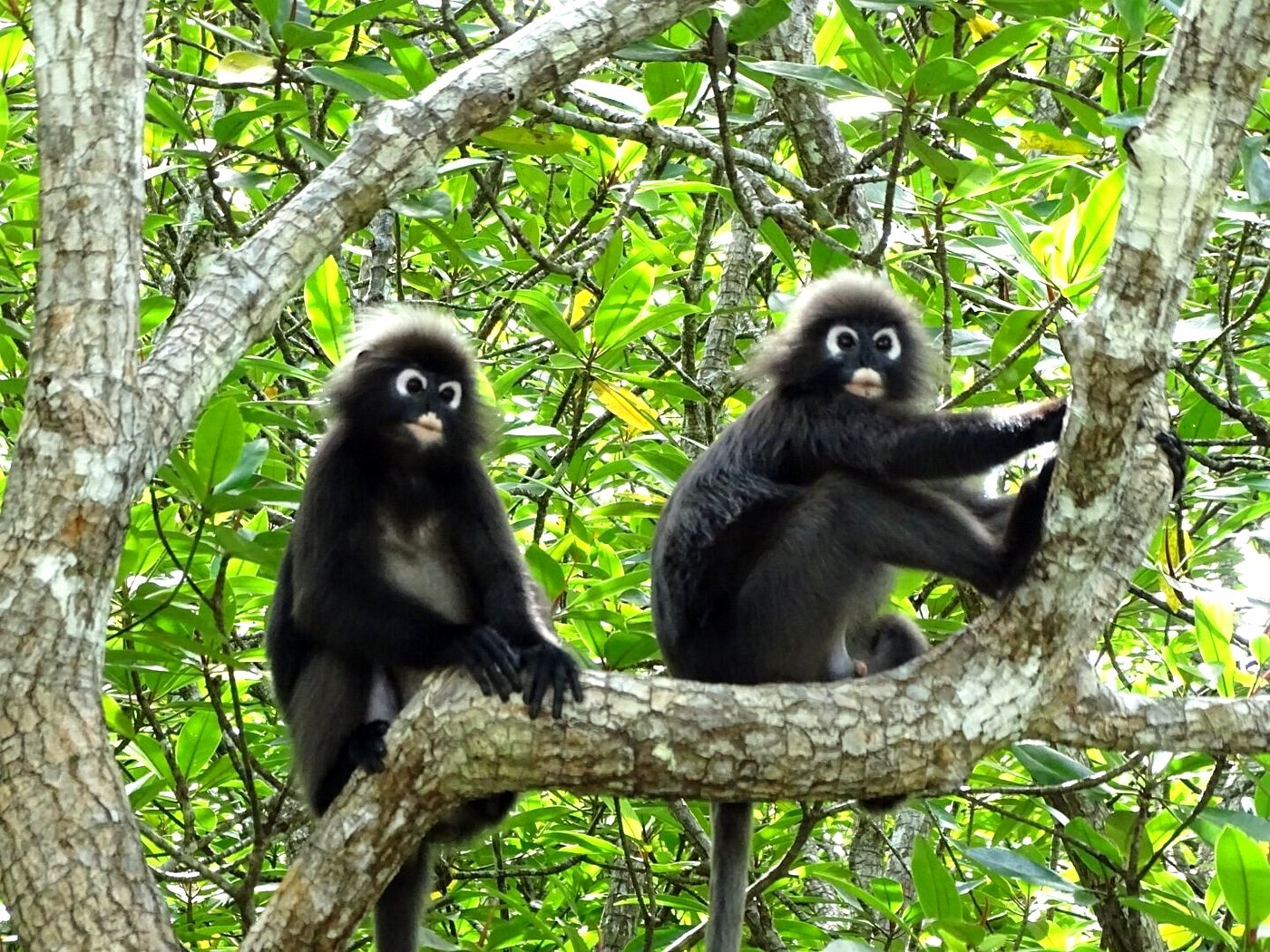Heritage & Culture | The Soul of the Archipelago
The Langkawi Archipelago is steeped in myth, legend, and a history that stretches back to the first century AD. Early Chinese records from the Liang Dynasty (circa 500 AD) refer to the kingdom of Langkasuka, a regional power that many believe is the ancestral root of modern-day Langkawi. Whether derived from the Sanskrit Langka (beauty) and Wi (innumerable) or the Malay Helang (eagle) and Kawi (reddish-brown), the island’s name has always reflected its striking natural abundance.
The Legend of Mahsuri & Colonial Transitions:
Langkawi’s identity is inseparable from the tragedy of Mahsuri, whose seven-generation curse was said to have brought nearly two centuries of hardship to the island. Historically, the archipelago has been a crossroads of influence, falling under the Sultanate of Kedah, Siamese control, and British administration. These transitions left a lasting cultural imprint, particularly visible in the Thai elements that still influence local customs, cuisine, and language today.
A Modern Transformation:
The modern era began in 1987 when Langkawi was granted duty-free status. This sparked a rapid transition from a quiet agrarian society of rice farmers and fishermen to an international tourism hub. While marinas and resorts now line the western and northern coasts, the heart of Langkawi remains rural. In these quiet villages and secondary forests, the traditional lifestyle persists, though many livelihoods have now shifted toward welcoming the world to these shores.
From Curse to Conservation:
With the "curse" widely believed to have been lifted, Langkawi has emerged as a center for global conservation. As Southeast Asia’s first UNESCO Global Geopark, the island now attracts travelers and naturalists who seek to honor its turbulent past while protecting its ecological future. At JungleWalla, we interpret this rich tapestry of time, connecting the legends of old with the vibrant biodiversity of the present.
IMMERSE YOURSELF IN HISTORY
Langkawi Nature & Culture Expeditions:
Our tours provide a deep dive into the landscapes that shaped Langkawi’s history. Discover how the island's unique geography influenced its legends and the traditional lifestyles of its people.
Join the Discovery: Langkawi Signature Tours
Corporate Heritage & CSR Programs:
We design bespoke experiences for organizations looking to explore the intersection of Langkawi’s cultural history and environmental conservation.
Contact: Azri Hussein (Operational Manager)
WhatsApp: +60 19 592 2300
General Reservations:
WhatsApp: +60 19 225 2300
Email: junglewalla@gmail.com

